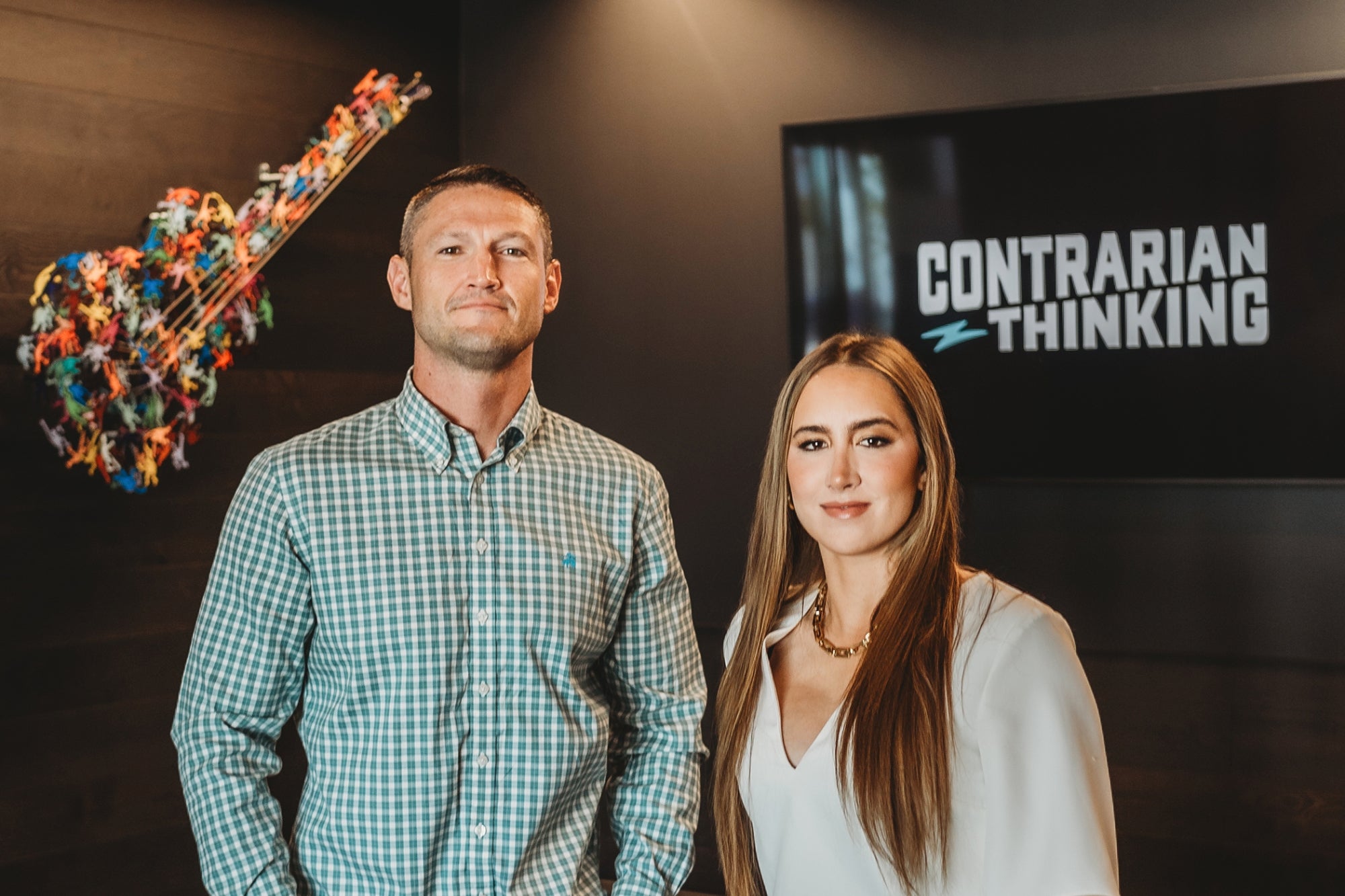Gen Z Talent Will Walk Away — Unless You Try These 6 Strategies Six business leaders share what's worked to empower or educate younger generations.
This story appears in the November 2024 issue of BIZ Experiences. Subscribe »

It's no secret that in today's workforce, there's a vast chasm between the most senior employees, and the most junior. Societal shifts, changes in economic security, the internet, the pandemic and a million other factors have created a generation of younger workers who are looking for purpose, transparent dialogue, work-life balance, a steady promotion trajectory and more. Certain insults have been directed at every new generation ("lazy," "entitled," "naive," etc.), and Gen Z is no different. But the reality is the same as it ever was: These workers are here to stay, with their experiences and expectations, and smart employers will learn to engage them. Here, six business leaders share their strategies that have been most successful in winning over younger workers.
1. Embrace open dialogue.
"I find that younger generations are more forward with communicating their expectations. When I started my career in 1998, being open and vocal was looked down on as being unprofessional, but now I realize open dialogue helps determine if expectations are aligned. During the hiring process, one candidate shared that traveling for work was not preferred. I knew the role required traveling often, so it was easy to determine this person wasn't compatible." — Joyce de Lemos, cofounder, Dieux
2. Empower younger workers.
"I think about two girls I hired who started off very unsure and shy. They stood around waiting for instructions, and had trouble with the fast-paced atmosphere. I thought about letting them go, but decided on a different approach. I enlisted them to train someone, telling them that they were the best employees to do this. That experience really empowered them. Shortly after, they took ownership of their roles, were self-starters, and one even was promoted to manager." — Lisa Mastela, founder, Bumpin Blends
Related: Top Career Motivations of Gen Z and Reasons They Choose an Employer
3. Be curious, not judgmental.
"Gen Z is looking for long-term purpose and passion, while older generations built our work culture around long-term professional and personal stability. As a millennial CEO, I created a junior advisory board of Gen Z members to reverse-mentor me, and their perspective influenced how we built this business. I'm at my best when I'm approaching concerns with curiosity rather than judgment." — Stephanie Lee, founder, Selfmade
4. Keep on keeping on.
"It's clear there is a divide in expectations. But the reason the long-standing ways were long-standing is because they worked. There is no substitute for hard work. Get up early and stay late — that's my motto. I learned hospitality from the ground up, from busboy to founder. If you skip this part, you cannot be an effective leader. Today, as throughout history, it is results, results, results that matter." — Stephen J. Cloobeck, founder, Diamond Resorts International
5. Make use of mentorship.
"Our company is heavily composed of younger employees, and I've noticed that purpose and impact, work-life balance, flexibility, and mentorship come up continuously. Many of the youngest generation started their careers from home, so they didn't get that 'first day on the job' experience. They're hungry for mentorship, so I think mentors will play a huge role in bridging the gap." — Matthew Rowean, chief creative officer, Matte
6. Don't resent their desires.
"Every younger generation has differing expectations. As a 'boomer,' I expected to have to travel almost weekly, while today's digital natives expect state-of-the-art technology, fast promotion growth, flexibility, and continual positive feedback. But wouldn't we all have wanted that if we could have it? As a working mom, flexibility would have changed my career and life. I still believe in-person meetings are the gold standard for building relationships, but we can all learn from each other." — Jane Wurwand, founder, Dermalogica











